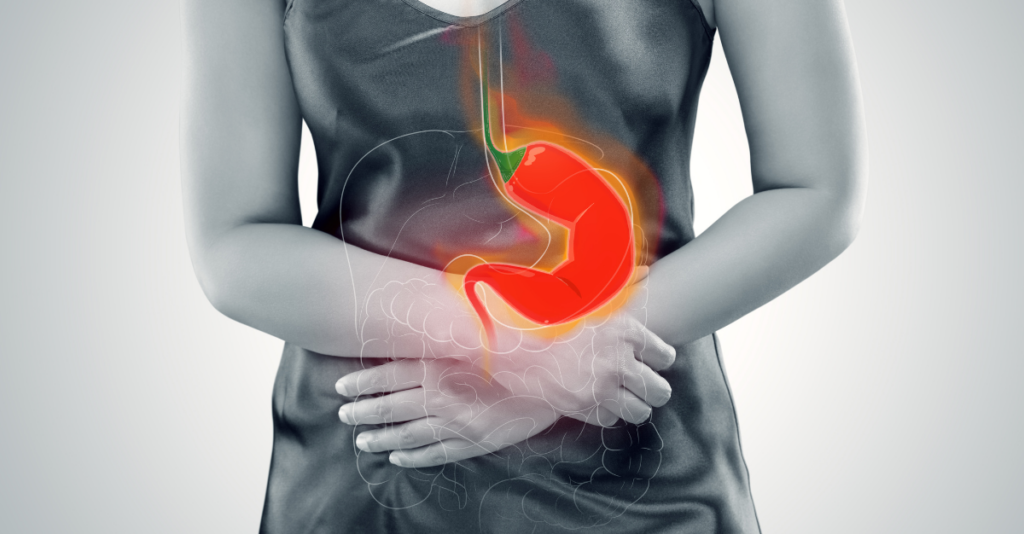
Alpha lipoic acid (ALA), also known as thioctic Acid, is a natural compound which is produced in the body. The form produced in the body is inactive and only produced in small amounts. As we age the levels of ALA we produce in the body decrease. ALA is both a water- and fat-soluble antioxidant which means it is active in most tissues of the body. It is thought that supplemental forms (IV or oral) of ALA provide the greatest therapeutic benefit.
Alpha lipoic acid is a powerful antioxidant that neutralizes free radicals and reactive oxygen species (ROS) in the body. Reactive oxygen species are the byproduct of regular cellular processes that can cause DNA damage. Exposure to environmental toxins/ toxicants, such as cigarette smoke or heavy metals, can increase the levels of ROS and free radicals in the body leading to DNA damage and cellular mutation. This can eventually lead to the formation of cancerous cells. ALA has been found to neutralize these as well as aid in the regeneration of other antioxidants such as vitamin C, E, glutathione and CoQ10.

One of the best studied areas of ALA is in the treatment of neuropathy, especially in diabetics. ALA has been found to prevent and reverse diabetic neuropathy. It does this by affecting blood flow of small blood vessels and reducing oxidative stress which prevents microvascular damage. It may also prevent lipid peroxidation which is a known cause of neuropathy. Alpha lipoic acid also benefits diabetics in other ways. Alpha lipoic acid was found to have an action similar to insulin and stimulated the uptake of glucose into cells. This in effect protects the pancreas by requiring it to produce less insulin.
Another condition in which ALA is commonly benefits is hepatitis. It has been found that ALA is hepatoprotective and can help treat inflammation of the liver. Other potential applications of IV ALA include treatment of cataracts, glaucoma, ischemia-reperfusion injuries, amanita mushroom poisoning, alcoholic liver disease, prevention of radiation injury, and more.
IV ALA may also benefit patients as an adjunctive cancer treatment. Read about the benefits of IV ALA in Cancer Care.
Administration of ALA is safe and well tolerated in most patients. Side effects are rare, but can include low blood sugar, nausea, vomiting, vertigo, gastric upset and allergic reactions. With any intravenous infusion there is risk of pain and inflammation at the injection site as well as risk of infiltration (IV fluid leaking outside of the vein). High doses of ALA have been administered in multiple studies and there have been no documented fatal overdoses or severe reactions to ALA in the literature.
Due to the hypoglycemia effects of ALA caution should be advised in diabetics who are receiving ALA. Diabetics receiving ALA should closely monitor their blood glucose levels. One study found that ALA administration is safe in diabetic patients with hepatic impairment.
© Copyright 2025 Optimum Wellness Clinic Edmonton Alberta | Copyright Statement and Privacy Policy